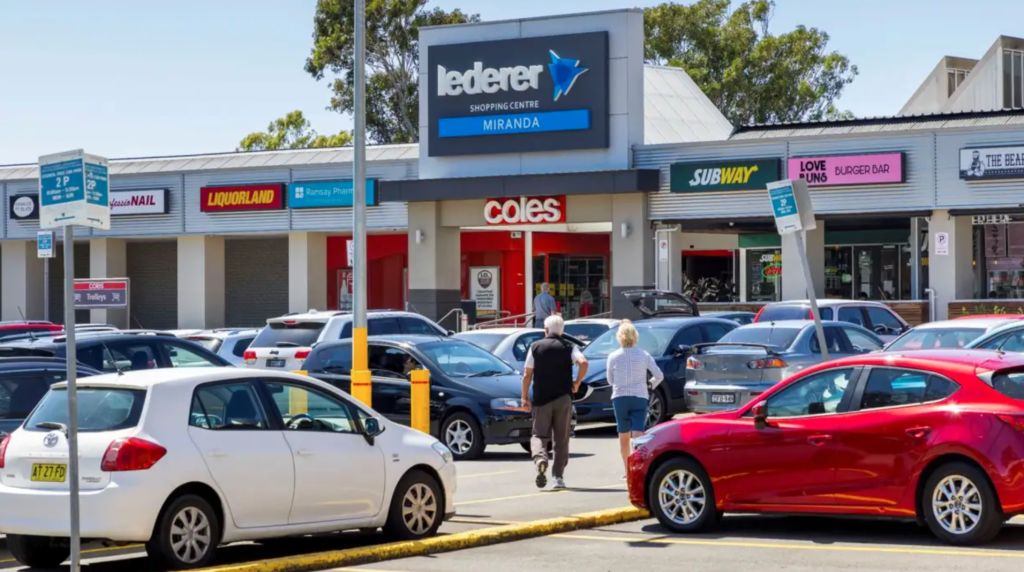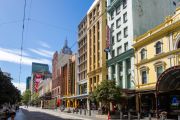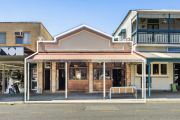
Woolies goes shopping for Coles supermarket
Supermarket operator Woolworths has stolen a march on Coles, snapping up a small Sydney mall in which its arch rival is the main tenant and paying a hefty premium for the $68 million property in the process.
It’s the latest turf battle between the two grocery giants who typically duke it out on pricing in supermarket aisles. But from time to time, their fierce rivalry spills over into real estate, through land grabs that can take decades to play out.
The small neighbourhood centre of Miranda Mall, in Sydney’s south, covers 4600 square metres, with the Coles supermarket taking up about 3300 square metres. The remaining space is occupied by around a dozen specialty tenants.
In a freshly inked deal, Woolworths has bought the centre from boutique fund manager IP Generation, which owned the asset for scarcely more than a year, acquiring it as part of a $300 million portfolio from Sydney billionaire Paul Lederer.
Although the value of Miranda mall was not disclosed, it’s believed to have been attributed a value in the low $30 million range, with its price sticker roughly doubling through the sale to Woolworths.
The deal was struck on a yield well below 3 per cent, indicating the premium its new owner places on the asset. It’s still short of a record though, with some supermarkets changing hands in the past year on yields below 2 per cent.
Coles’ tenancy at the Wandella Road site expires in 2029, giving its new landlord plenty of time to reimagine the site in Woolworths branding and design.
Proving that corporate giants have long memories, Woolworths’ move on the Miranda mall neatly parallels a swoop by its rival in Sydney’s Neutral Bay almost a decade ago when Coles bought out the popular Woolworths-run supermarket on Grosvenor Street. Woolworths’ tenancy is yet to expire there.
Woolworths and Coles declined to comment on their new relationship as landlord and tenant at Miranda. IP Generation also declined to comment.
The transaction was brokered by JLL’s Nick Willis and Sam Hatcher, who declined to comment directly on the deal itself.
“There is a growing weight of capital that is seeking quality retail assets that are either underpinned by strong non-discretionary based fundamentals or those that provide future mixed use potential,” Mr Willis said.
“There has been an uplift in alternative investors and managers looking to acquire these assets, however asset availability remains tightly held in the core markets of Sydney and Melbourne.”











